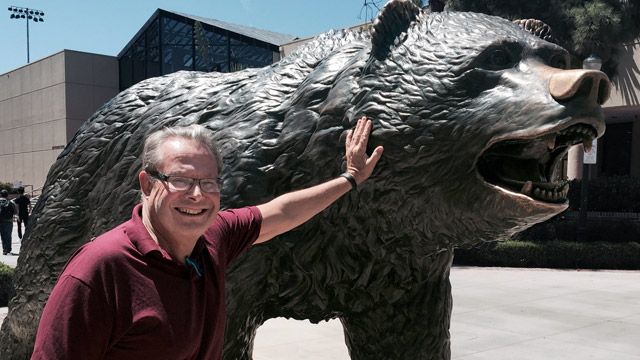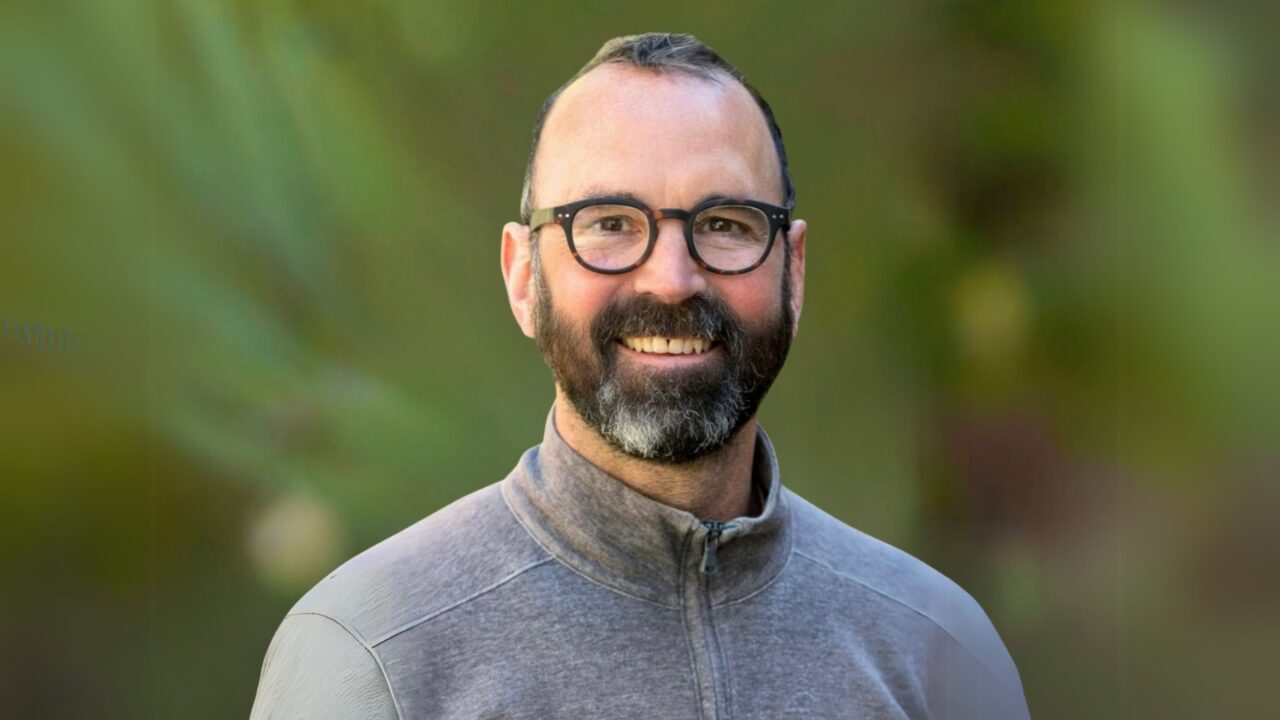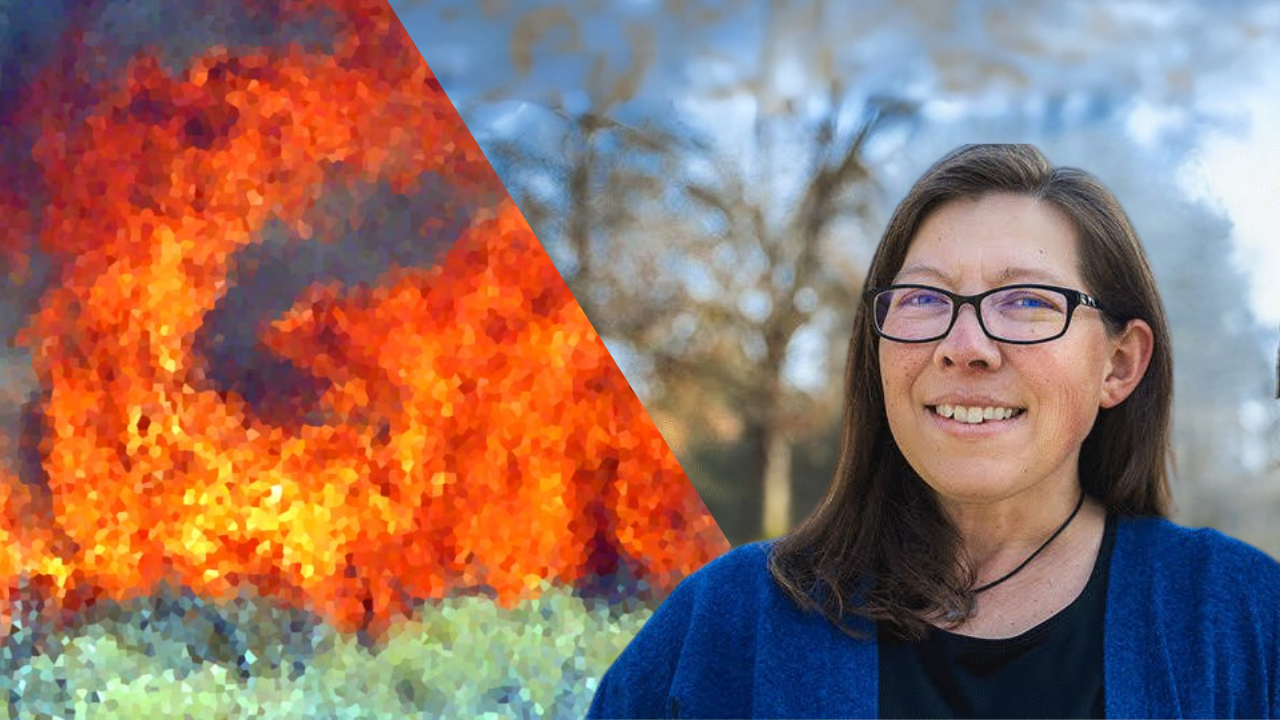Why I’m coming to UCLA
Over 40 years ago in high school, I fell in love with science and with nature. I entered high school science fairs. I took every science class I could. I…
Coming to UCLA feels in many ways like I have just reached the summit of some great mountain after a long and arduous climb.
Over 40 years ago in high school, I fell in love with science and with nature. I entered high school science fairs. I took every science class I could. I took part in the first Earth Day. I took a week-long backpacking and canoeing trek in Canada’s Algonquin Park. I was hooked and committed.
Since then I have done conservation and environmental research at six great universities, worked for NOAA, and most recently spent the best decade of my science life at The Nature Conservancy. It is my job at the Conservancy that has led me to UCLA, so I have to tell that Nature Conservancy story to explain my vision for UCLA’s environmental science.
TNC works in almost 40 countries and all 50 states. And everywhere it works, it gets real results on the ground and in the water. But as remarkable as those results are, the problems we face today seem to outpace them. California is running out of water. Heat waves are killing people by the thousands in cities. Soil is being lost at ten times the rate it is being replaced. To get food we clear spectacular forests and woodlands. The oceans are overfished and acidified. Over everything hangs the specter of climate change.
There are solutions — real solutions that go beyond creating nature reserves, excoriating corporations for their environmental sins, or lamenting the world’s inability to meet unrealistic species loss targets. Those real solutions require embracing technology, working in cities, understanding how people make decisions, and working with, not against economic development. The Nature Conservancy has courageously led on these fronts. But it has become clear to me that the world needs to address huge scientific questions that no environmental NGO has the capacity to tackle. We also need to directly engage the next generation with science as well as inspiration to get young people to take up the environmental crusade — because science teaches us nothing will come easily or rapidly.

As someone who entered conservation as a biologist, I now know that biology is not enough. Ecology is not enough. We need an environmentalism that attacks problems with engineering and economics and politics and history and psychology and communications, to name but a few. Understanding human behavior and the human spirit are just as important as being able to run the latest climate model. And our solutions need to work for everyone with justice. If our nanotechnology experts find new energy sources and new low-cost ways of purifying water, but we fail to ask essential questions about the equity of that technology’s distribution, then we have failed.
I return to academia knowing that there is a lot of skepticism and cynicism about universities today. They are too expensive. There are no jobs in exchange for that diploma. I want to be one of the people who vanquishes that skepticism.
So I say this: Come to UCLA and the Institute, and you will lose that skepticism. Look at the astonishing practicum projects of our graduating seniors in environmental science. Talk to my colleagues about their insights into household energy use, about changing behavior to protect oneself from lousy air quality, about climate impacts on Los Angeles County, about the importance of genetic variety, about bird migrations around the world, about the role of free-market opportunities’ for promoting conservation. Attend our Oppenheim Lectures and dozens of other public events annually. Debate with us taboo issues for conventional environmentalism such as nuclear power, GMOs, and geoengineering.
You will be amazed at the vibrancy, energy and optimism here. And you can help us continue to build upon what is already a world-class center for environmental thinking and solutions.
Most of my close friends always suspected I would eventually go back to a university job. But LA is a surprise to them (most of them are hikers and backpackers). Why a huge mega-city like LA, they ask me?
Because the solutions to our energy crisis, our extinction crisis, our water crisis and so many of our other crises are not going to be found in Yosemite. They will be found in this city and cities across the world like it.
Cities are where most people now live, are the source of most creativity globally, and are the primary global consumers of energy, food and water. If we can figure sustainability out in LA, then LA can lead the world to sustainability.
The neat thing is that the city of LA seems eager to embrace a sustainable future. So here in LA at UCLA, I can hardly wait to get started on my research, and working together with you toward that future.




